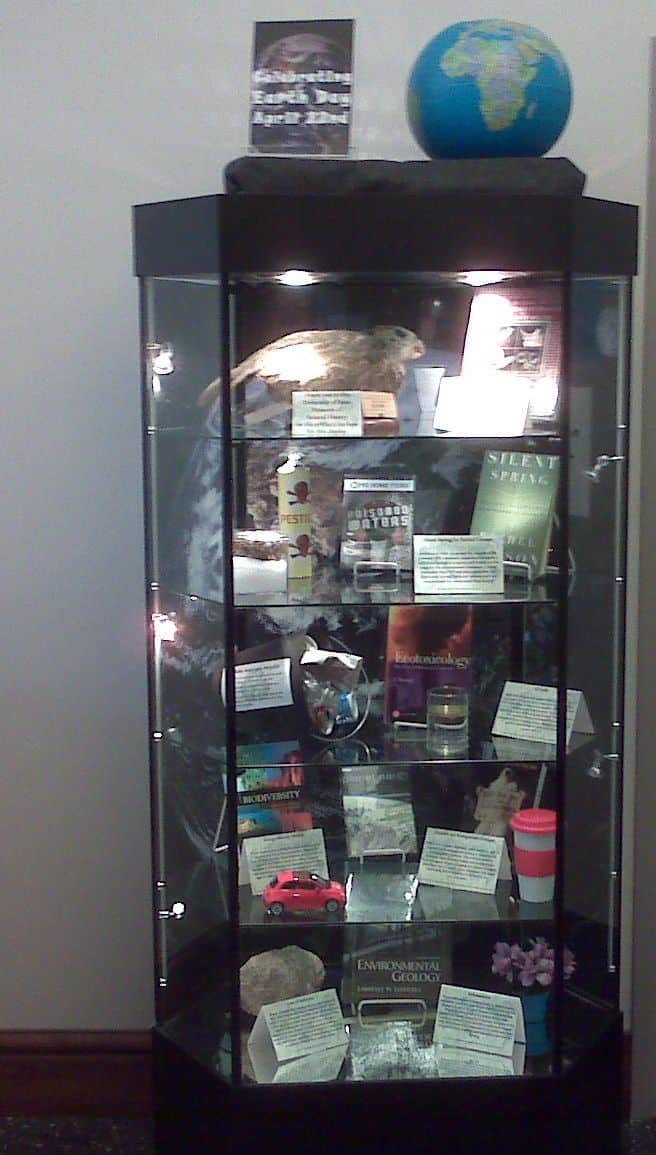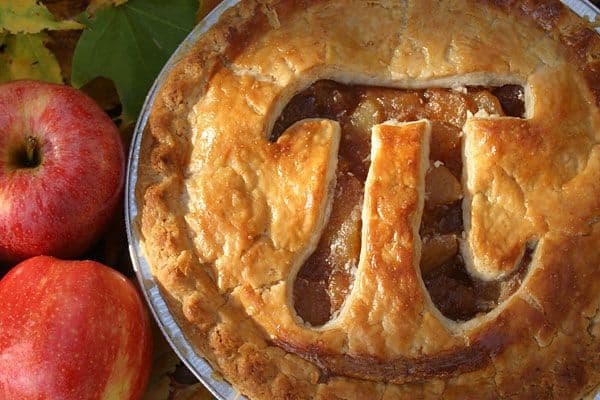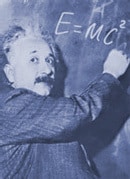The Science’s libguides has a new link that is a wonderful addition we hope you will use. It is the ScienceCinema. The following is the offical description of it.
Scientific videos highlighting the most exciting research and development sponsored by the U.S. Department of Energy (DOE) are now available through ScienceCinema. The multimedia search tool was launched today as part of a one-day workshop, “Multimedia and Visualization Innovations for Science,” jointly hosted by Microsoft and the International Council for Scientific and Technical Information (ICSTI), held in Redmond, Washington. Jeffrey Salmon, Deputy Director for Resource Management with the DOE Office of Science, said, “Video, animation, visualization, and other forms of multimedia are now widely used to record, share, and collaborate in science. Because of the U.S. Department of Energy’s central role in science, we are also at the center of technology for collecting and disseminating this new media. ScienceCinema’s pioneering search and retrieval capability provides the public with a way to quickly access and view our multimedia-based R&D information.”
ScienceCinema uses innovative, state-of-the-art audio indexing and speech recognition technology from Microsoft Research to allow users to quickly find video files produced by the DOE National Laboratories and other DOE research facilities. When users search for specific scientific words and phrases of interest to them, precise snippets of the video where the specific search term was spoken will appear along with a timeline. Users can then select a snippet or a segment along the timeline to begin playing the video at the exact point in the video where the words were spoken. The timeline is synced with transcripts of the targeted portion of video.
It is anticipated that scientific videos, animations, interactive visualizations, and other multimedia will become an increasingly prominent form of scientific communications. ScienceCinema was produced, in part, as a proof of concept to demonstrate the value of speech recognition in the complex vocabulary of science. While the launch of the video database will include an initial 1,000 hours of content, it will continue to grow as new DOE R&D-related videos are produced.
ScienceCinema was developed by the DOE Office of Scientific and Technical Information (OSTI) in partnership with Microsoft Research. OSTI, within the Office of Science, is responsible for broadly disseminating and preserving the Energy Department’s scientific output. Microsoft Research provides the audio indexing technology for ScienceCinema as part of the Microsoft Research Audio Video Indexing System (MAVIS) project. MAVIS is a set of software components that use speech recognition technology to enable searching of digitized spoken content. More information about MAVIS and the technology can be viewed at the MAVIS project page.


